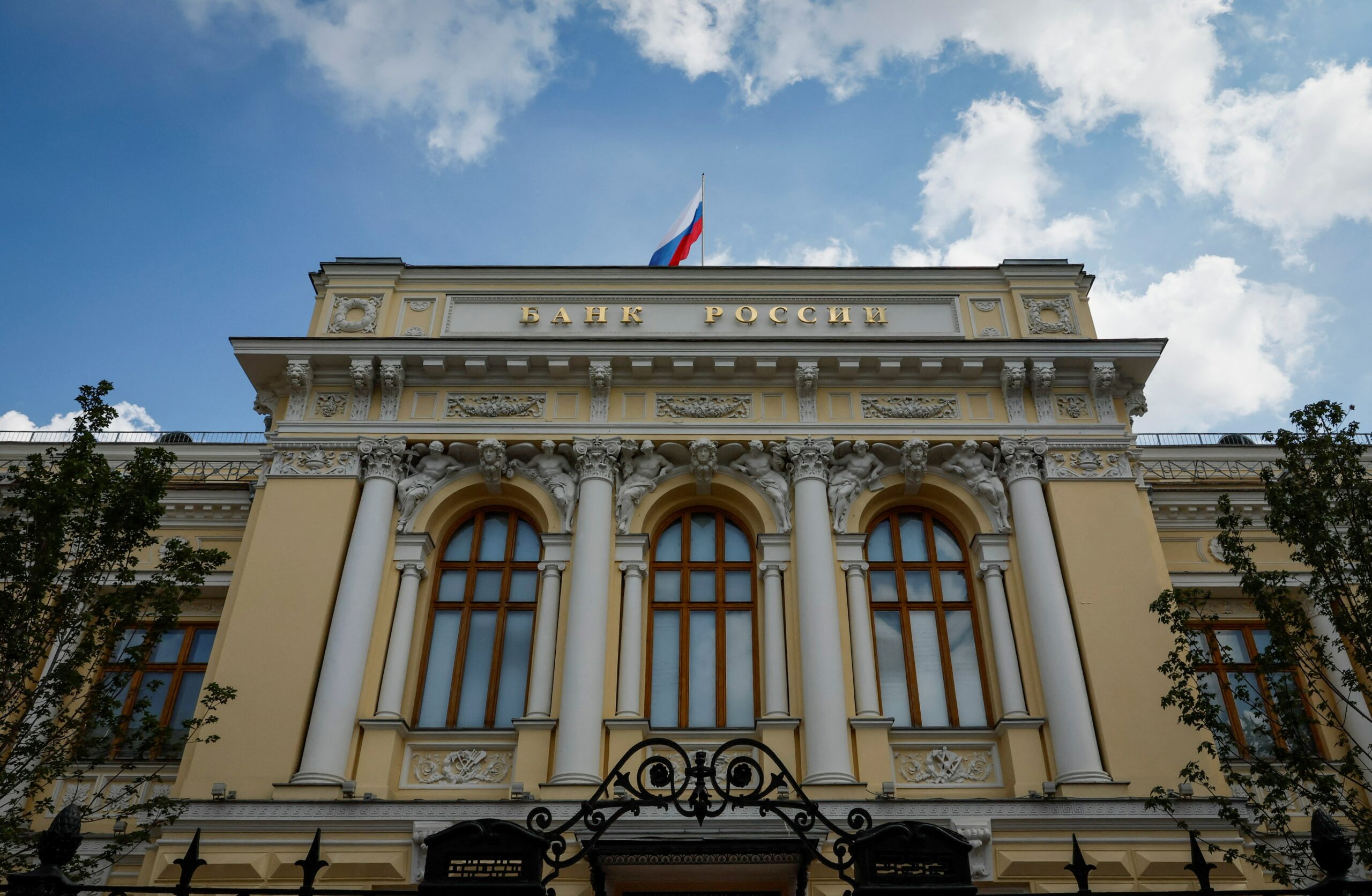
MOSCOW, July 30 (Reuters) – In a bid to sidestep Western sanctions, Russian lawmakers have approved legislation enabling businesses to utilize cryptocurrencies for international trade. The new law, which is scheduled to come into effect in September, represents a notable attempt by Russia to navigate the financial restrictions imposed following its invasion of Ukraine.
Elvira Nabiullina, Governor of the Russian central bank and a key supporter of the initiative, has indicated that the initial cryptocurrency transactions are anticipated before the year’s end.
Russia has encountered substantial obstacles in processing international payments with major trading partners, including China, India, and the United Arab Emirates. This has occurred as banks in these countries, facing pressure from Western regulators, have adopted a more cautious approach.
“We are making a historic decision in the financial sphere,” Anatoly Aksakov, the head of the Duma, the lower house of parliament, told lawmakers.
The new law mandates the central bank to establish a novel “experimental” infrastructure specifically designed for cryptocurrency payments. The specifics of this infrastructure have yet to be disclosed.
This legislation forms part of a broader package that includes regulations concerning cryptocurrency mining and the circulation of other digital assets. It is important to note that the law does not alter the existing prohibition on cryptocurrency payments within Russia itself.
The central bank has emphasized that payment delays have evolved into a significant challenge for the Russian economy, contributing to an 8% drop in Russian imports during the second quarter of 2024.
Despite Russia’s efforts to shift towards the currencies of its trading partners and construct an alternative payment system within the BRICS group, a substantial number of payments are still processed in U.S. dollars and euros via the international SWIFT system. This arrangement exposes banks in countries that trade with Russia to the risk of secondary sanctions, necessitating stricter compliance protocols.
“The dangers of secondary sanctions have increased. They complicate import payments, affecting a wide range of goods,” Nabiullina stated, highlighting that payment delays have ultimately resulted in extended supply chains and escalated costs.


